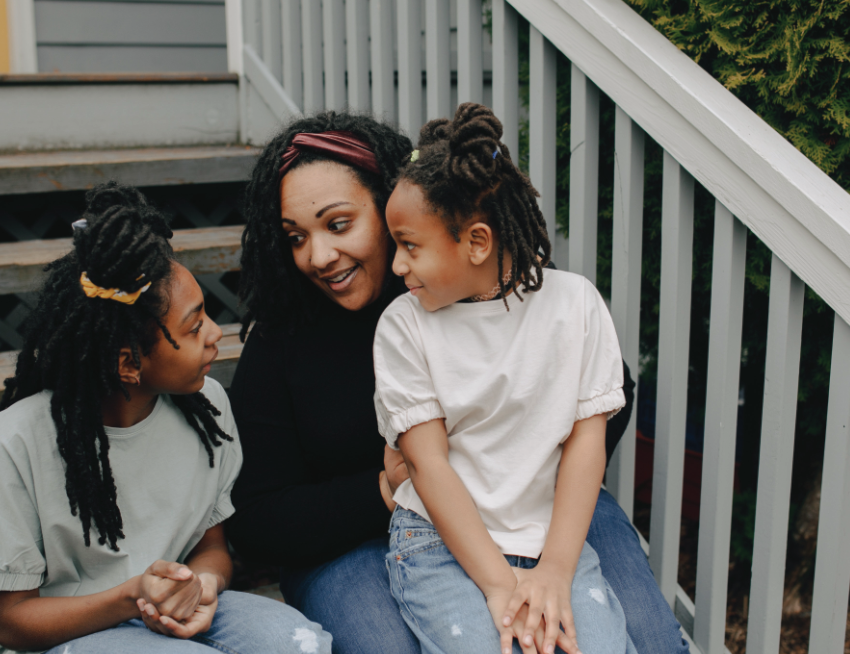
Picture: Pexels
Death is an inevitable part of life and is never easy to deal with.
Death happens in many ways, and the fact remains that we can never be fully ready for it. Sometimes it happens suddenly, expected, prolonged and even accidents.
In trying to deal with and process the death of a loved one, adults tend to become overwhelmed with this process and shutting out the children. Forgetting that, they too, even though they are young, are dealing with the loss.
Experts suggest starting to make death a part of normal conversations as it is vital for children of all ages.
Psychology Today suggests these tips to help you talk about death with your child:
- Be open and honest. The truth gives an explanation for your tears and pain. Being open and emotional can help your child learn how to mourn.
- Prepare yourself for a variety of emotions. The child might be upset, angry and even confused as they are still trying to process the news. It is however important to accept and embrace your child’s emotions.
- Make sure to use the words dead or died. Those words tend to be sugar coated and it shouldn’t be that way. Many prefer using phrases like, passed away, lost, crossed over, went to sleep—but research shows that using realistic words to describe death helps the grieving process.
- Cry, cry together and cry often. According to Medical News Today, shedding emotional tears releases oxytocin and endorphins. These chemicals make people feel good and may also ease both physical and emotional pain. In this way, crying can help reduce pain and promote a sense of well-being. Crying is also healthy and healing.
- Take care of yourself. As parents, we sometimes forget about taking care of ourselves during this time. Children learn what they see, so be a role model for self-care at this critical time.
Also see: Ways to connect with your teenager




